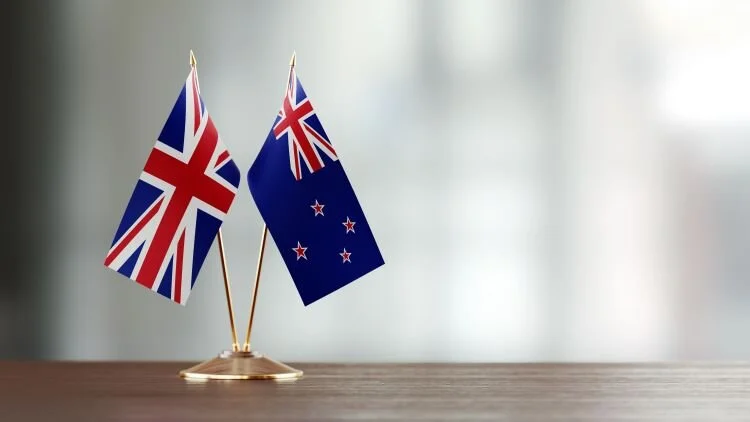We must grab opportunities to grow our trade with the rest of the world - but does having Britain’s head of state as our head of state help New Zealand in the negotiations, or anywhere else like defence?
Negotiations for a New Zealand-United Kingdom free trade agreement (FTA) opened this week, coming after a 2017 commitment by both countries to sign an FTA following Britain’s exit from the EU, Brexit. Commentators noted that the FTA would not be a return to pre-1973 free trade when New Zealand had completely unfettered market access to the UK market and was highly dependent on the UK.
There has been some suggestion that “sharing” our head of state - which in reality means Britain’s head of state is our head of state - is an advantage for New Zealand in these negotiations. The UK’s High Commissioner to New Zealand, Laura Clarke, stated in a TVNZ interview:
“Let’s face it, New Zealand and the UK are about as far apart as any two countries could be – geographically – but we are united by a shared history, a shared language, a shared head of state.”
But if a “shared head of state” meant anything, then the FTA negotiations wouldn’t be happening in the first place. We would already have free trade with the UK, as we had pre-1973. There is some strange obfustication of the reality that New Zealand is an independent country and former colony of the UK. We “share” our head of state for that reason only; New Zealand was colonised by the UK.
If we didn’t “share” our head of state with the UK, would we still have the opportunity to negotiate an FTA with the UK? It’s worth noting that the UK is also negotiating to join the CPTPP agreement New Zealand is a part of, agreements with Australia, Japan and the United States. There’s already an agreement in place with Singapore, a fellow Commonwealth member that is a republic.
It’s a sadly common strain of colonial thinking that New Zealand is somehow special to the UK’s strategic interests thanks to the monarchy, when in fact we are not. Common factors, resulting from the UK’s colonisation of New Zealand, are emphasised simply as a way to engender positive feelings between the parties. And that’s all they are - positive feelings.
Our defence relationship has whittled down from effective British military occupation during the New Zealand Wars - with the last Imperial troops leaving New Zealand in 1870 - to being members of a number of defence agreements, mainly for interoperability and intelligence sharing. Britain’s “east of Suez” strategy from the early 1970s has meant that we’re dependent not on Britain but on the United States for defence of our interests.

